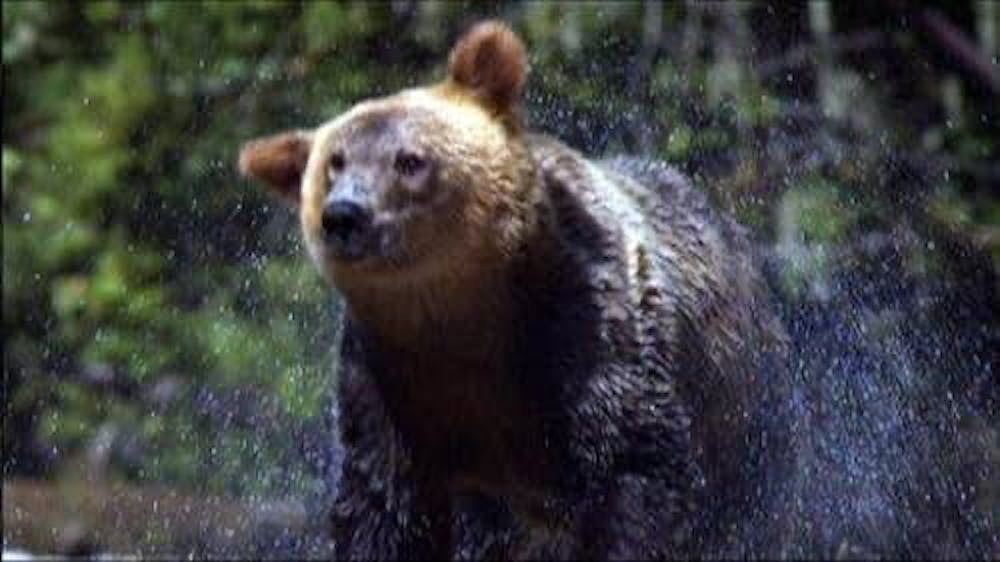By Isabella McHugh
Correspondent
Yellowstone National Park has temporarily shut down its trail after a 29-year-old hiker suffered serious injuries from a bear attack.
A solo hiker was walking by Turbid Lake on Tuesday, Sept. 16, when he had a “surprise encounter” with what the park officials think was a defensive grizzly, according to the New York Post. The hiker initially thought that it was a black bear, but judging by its stature and behavioral description, it was likely a grizzly bear.
Park officials said the hiker sprayed the bear as it was charging towards him. Luckily, the hiker survived and was able to leave the area with park medics.
The hiker still suffered serious “injuries to his chest and left arm” as described in ABC News.
Soon after the event, he was taken to the Lake Medical Clinic, and then to a hospital. The hiker has since been released.
Park officials say that no actions will be taken against the bear since it “did not exhibit unnatural behavior.” They claim the bear was only acting in defense. Officials try to avoid killing grizzlies as they are a protected species.
Despite this, the Turbid Lake Trail is set to be closed for the time being. There is no set time when officials say it will reopen.
The last time a bear attack occurred on Yellowstone soil was in May 2021, when a grizzly “injured a solo hiker on the Beaver Ponds Trail in Mammoth Hot Springs.”
There aren’t many regulatory actions being taken when it comes to bear attacks in Yellowstone, as there is no cause for concern at the moment.
Grizzly numbers, however, have increased “from about 700 in the 1970s to around 2,000 today,” as written in CBS News.
Should the public expect more frequent attacks as their numbers increase? Hopefully not, but there has been a slight rise in attacks by bears in North America.
Frank van Manen, a supervisory research wildlife biologist, predicts that the rise is also due to greater interactions between humans and bears in recent years. However, there is no evidence suggesting that the bears themselves are more aggressive than before.
The attacks are so rare to begin with that, in fact, people are “far more likely to get killed by a bee sting.” That being said, it is still beneficial to take precautions when venturing into wildlife territory.
Regarding the Tuesday attack in Yellowstone, it is still under investigation. More information about the Turbid Lake Trail’s reopening date will likely be publicized on their media platforms soon.







